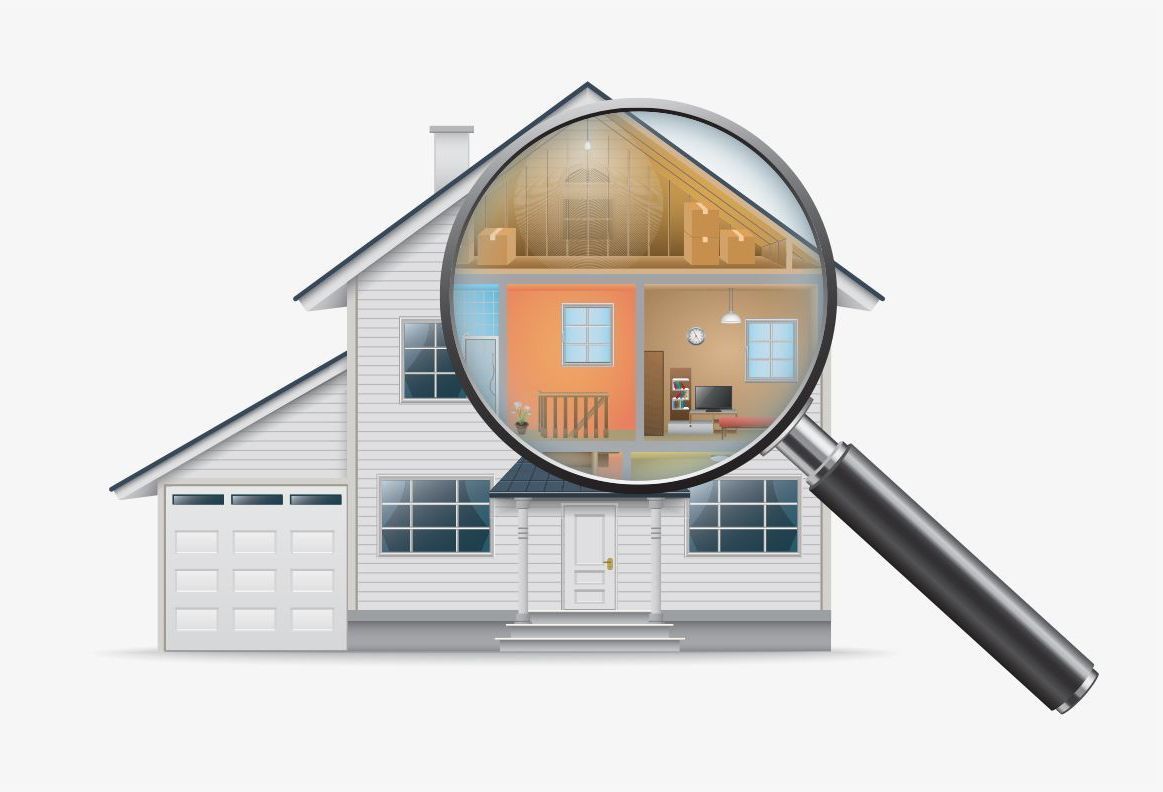🏡 Home Inspections for Buyers
Make Informed Decisions with Confidence
Buying a home is a major investment—and knowing its true condition is crucial. At True Blue Home Inspections, we provide thorough, easy-to-understand reports so you can buy with confidence. Our inspections uncover hidden issues, ensuring you make the best decision for your future home.
📑
Same-Day Digital Reports | 🛠
Advanced Inspection Tools | 📍
Chicago & Surrounding Areas
What’s Included in a Buyer’s Inspection?
Our comprehensive home inspections cover every accessible component of the property, ensuring you have a complete picture before purchasing. We document our findings with high-resolution photos and clear explanations to help you fully understand the home’s condition.
Key Areas We Inspect:
✅
🏗️ Structural Integrity – Foundation, walls, roof, framing
✅
⚡ Electrical & Plumbing – Wiring, outlets, fixtures, pipes, drainage
✅
❄️ HVAC Systems – Heating, ventilation, and air conditioning performance
✅
📌 Appliances & Fixtures – Functionality & potential safety concerns
✅
🕵️♂️ Hidden Issues – Attics, crawlspaces, basements, moisture & insulation
💡 We leave no stone unturned—giving you a full, unbiased assessment.
🛠️ Why Choose True Blue Home Inspections?
With 20+ years of experience, an ASHI-certified inspector, and cutting-edge tools, we go beyond the basics to provide exceptional service.
✔ ASHI-Certified Inspector (#211696) & Licensed in Illinois
✔ Same-Day Digital Reports via HomeGauge
✔ Advanced Inspection Technology (Thermal Imaging, Moisture Meters)
✔ Thorough & Unbiased Evaluations
💰 How Our Reports Help You Negotiate
🏡 Your home inspection isn’t just about finding problems—it’s about giving you leverage.
Whether it’s
major issues or
minor repairs, our
detailed reports provide
powerful negotiating tools:
🔹
Request Repairs – Address safety or structural concerns before closing
🔹
Adjust the Purchase Price – Factor in repair costs in negotiations
🔹
Plan Future Maintenance – Know what to expect for long-term homeownership


